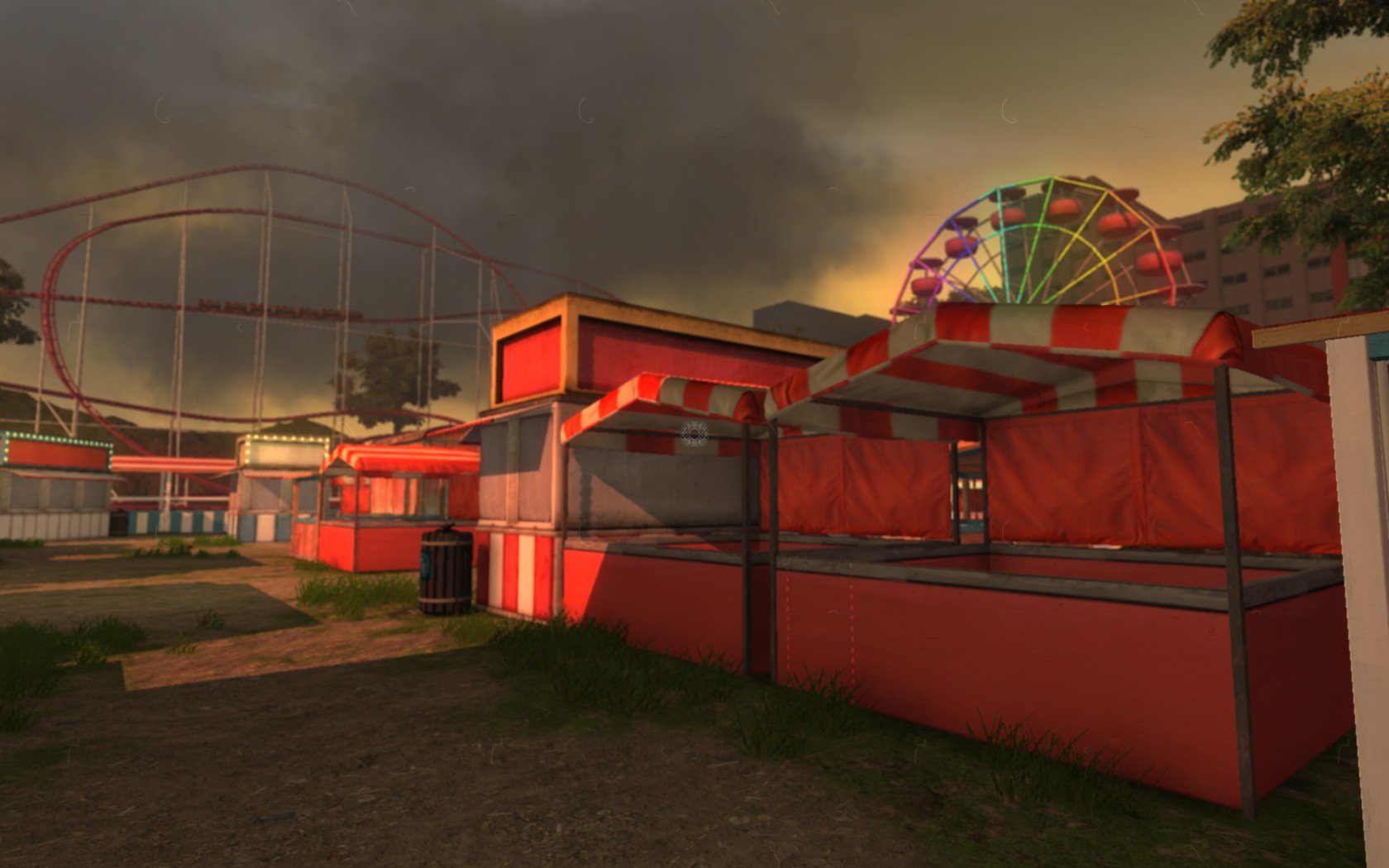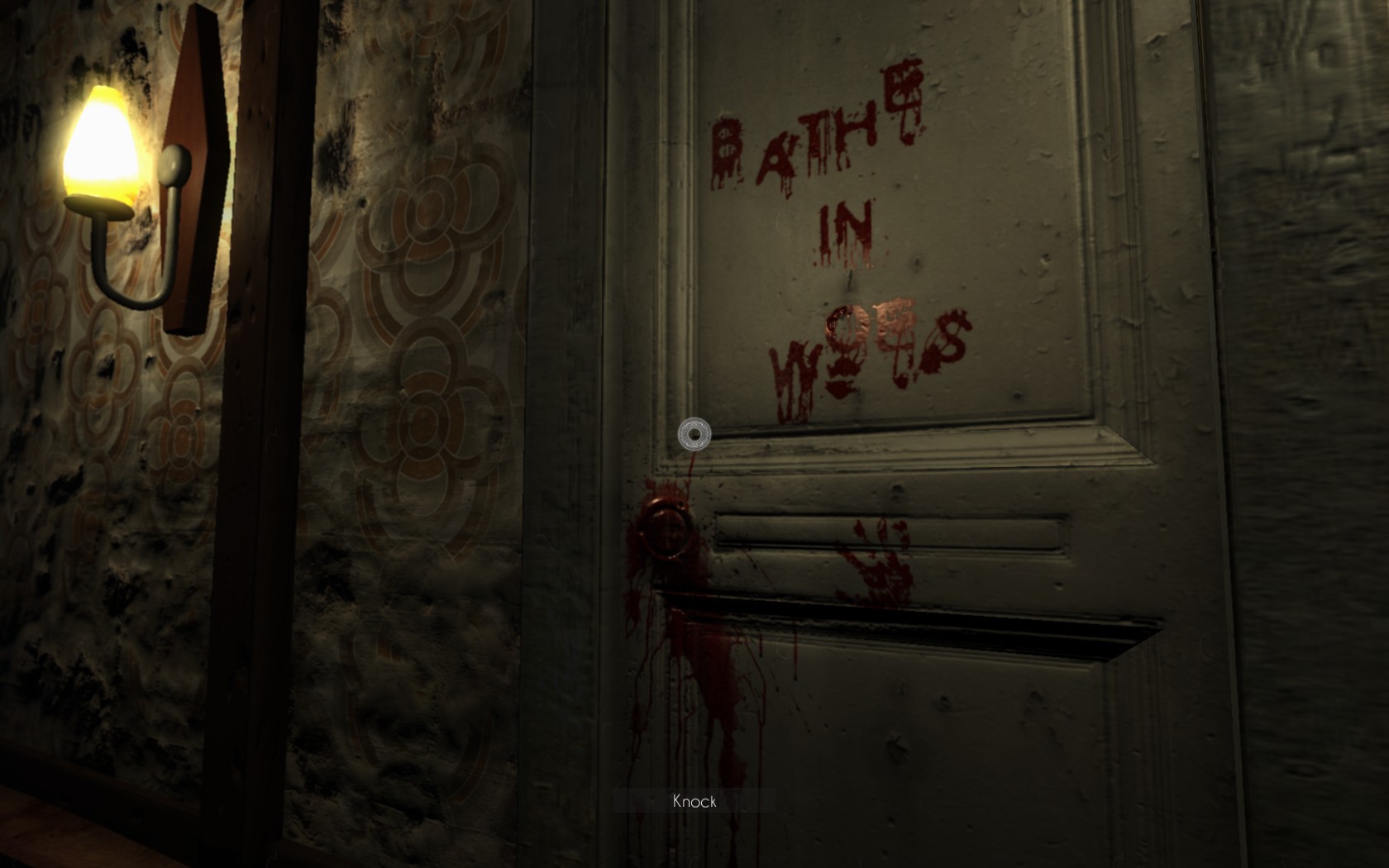The human mind is such a wonderful yet fragile thing. Even the slightest trauma, physical or mental, can send it quite off balance. Mental illness, whatever its cause, is a serious thing so it might come as a surprise to see a game focusing on dealing with and helping to overcome such a debilitating issue. But, Nevermind manages to treat this with respect while at the same time giving players a psychological horror experience unique to most games in the genre.
You play as a psychologist working at an institute specializing in delving into the deepest subconscious memories of their patients and working with them to weed out the false memories and piecing together what really happened to trigger their problems. As you comb through the landscapes of their minds you’ll uncover fragments of memory, both helpful and not, in order to help them find the source of their pain and to start them off on the track to healing.
Nevermind is a very short game and it deals with only two patients…three if you count the introductory sim…so there’s not a lot of coverage of psychological trauma. But what is there proves that the game is worthy of playing both from a psychological standpoint but as a horror game as well. As you delve deeper into their psyche you’ll uncover dark and dangerous locations that keep them from truly being happy. My heart beat fast during a lot of the game, keeping me on edge because I had no clue what to expect as I trudged on collecting fragments of memory.
Nevermind is full of disturbing imagery, which is quite to be expected for a game of this type. In fact, the horror aspect focuses less on “monsters” and jump scares and more on how one perceives the world around them. You can sort of die in this game, being tied directly into the patient’s brain by the neuroprobe, but you’ll always pop back at the beginning “safe spot” of the level. These areas are the most traumatizing and you’ll know when it’s a dangerous area quickly enough if you’re not careful.
The human mind interprets events, both past and present, differently than others experiencing the same thing. And if it’s an event that traumatizes you the brain tries to find a way to keep you from going crazy. Even if it means falsifying parts of the event making you think something else happened or by blocking the memory entirely. Which in itself can cause dark emotions and fragments to swell up to the surface creating nightmare landscapes that you, as the psychologist treating said patient, will have to traverse. And they’re usually at least disturbing if not downright terrifying.
Nevermind is the kind of game that you play for the atmosphere and it has plenty of that. From dolls hanging on trees to rains of blood, twisted hallways to a labyrinth made out of compacted cars, there’s plenty to be unnerved about as you go through both mindscapes. My only problem with the experience is that it was too short. I’d have loved to have seen one or two more minds to probe and experience their trauma. That said, even the two that there are it’s enough to make me want to play something more whimsical.
Nevermind is our October 2015 Crowdfunded Game of the Month and can be found on Steam.









[…] 10/21 – Nevermind Takes a Peek Into the Subconscious […]